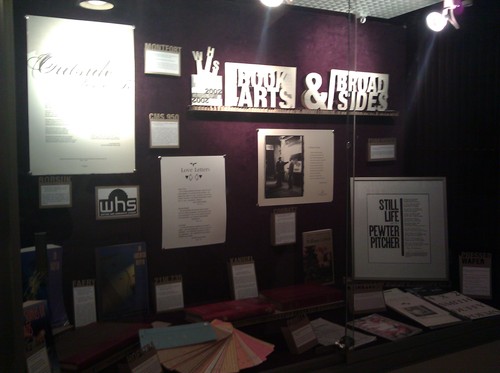Bill Gates spoke at MIT’s Kresge Auditorium today as the chairman of the Bill and Melinda Gates Foundation, advocating for the brightest minds to work on the most important problems of the world – such as reducing childhood deaths through health, sanitation, and development programs. The talk was part of a tour that also includes Stanford, Berkeley, the University of Chicago, and Harvard. There were only a few seats free in Kresge. Among other things, Gates suggested separating the accreditation function of higher education to allow for non-place-based learning. He softened the blow by praising MIT’s Open Courseware and listing several of the OCW courses that he himself had taken.
Since I didn’t see Richard Stallman in line, I didn’t stay for all of the Q&A.
There wasn’t a torrent of new information in Gates’s talk, but it was fascinating to hear in relation to Gates’s 1976 “An Open Letter to Hobbyists.” There are actually some similarities in tone: In both the letter and the talk, Gates expressed dismay at the current system not working very well. But in the letter, he declares that computer hobbyists should stop stealing software, says that people who have been re-selling his product without authorization should be kicked out of the club, and invites members to write him and pay up. This, he hopes, will advance him toward his dream, in which he can “hire ten programmers and deluge the hobby market with good software.” Today, he’s the world’s wealthiest man, actively seeking more effective ways to benefit society by giving his money away.
On the one hand, one wonders if we might have done just as well if we had kept our money in the first place.
On the other hand, Gates becoming a full-time philanthropist and speaking to our technical institute here from that perspective makes for quite a development. It reminds me that his rival and fellow college drop-out, Steve Jobs, got his start selling blue boxes with Steve Wozniak to allow his customers in the Berkeley dorms to resist the man and make free long-distance calls. Now, Jobs, the man, has a worldwide telephony empire of his own via the iPhone and its thought-crushing App Store.
It’s too bad you can’t tell who the good guys are going to be – say, by looking for a “don’t be evil” button.


